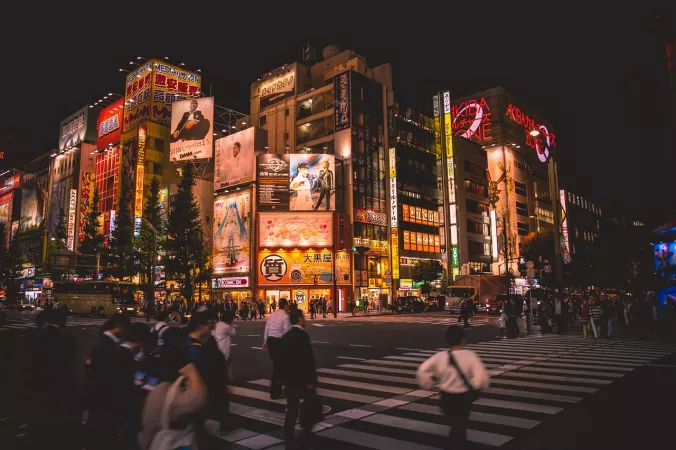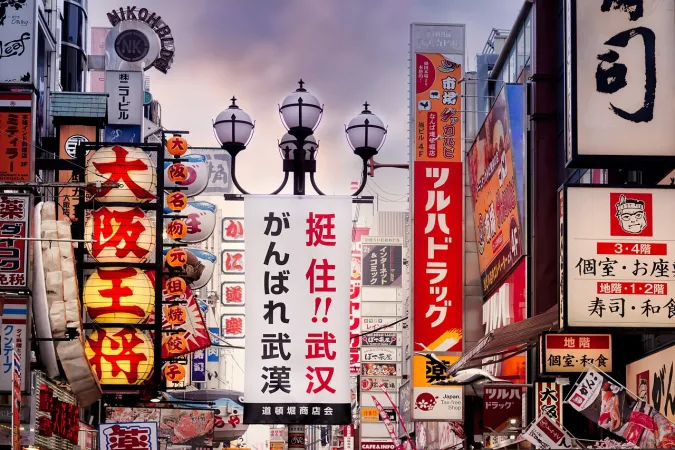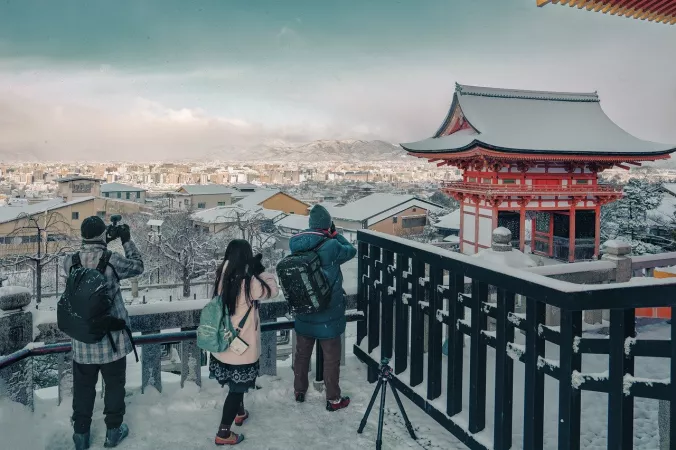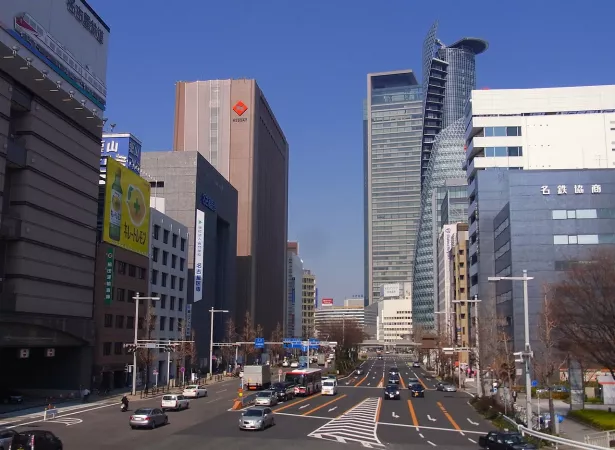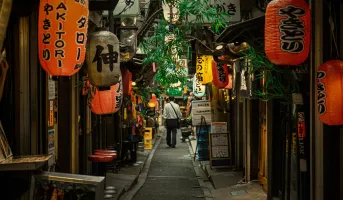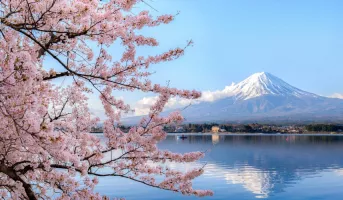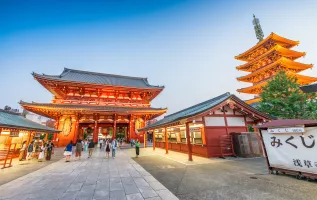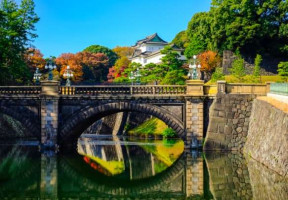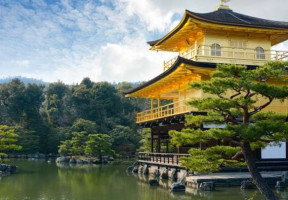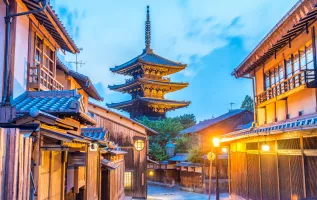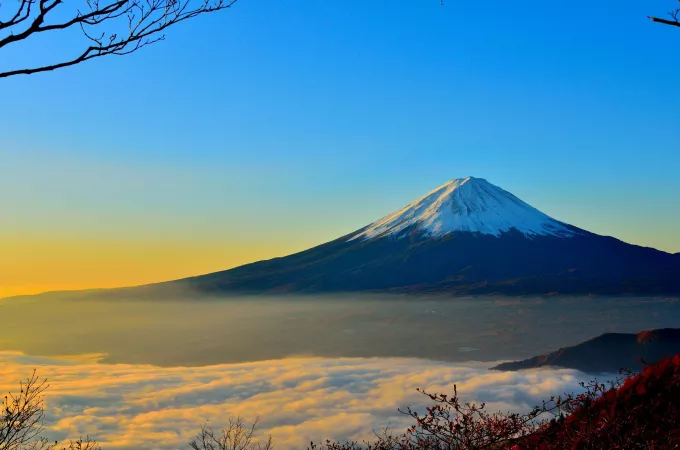
Japan
Package
70000 to 150000
70000 to 150000
Duration
10 to 14 Days
10 to 14 Days
Best time to visit
Apr-May, Oct
Apr-May, Oct
Theme
Hill Station, Adventure, Heritage
Hill Station, Adventure, Heritage
Japan Travel Guide
Japan, an island nation in East Asia, is famous for its unique blend of traditional culture and modern technology. With a rich history dating back thousands of years, Japan offers visitors a glimpse into ancient traditions alongside bustling cities and stunning natural landscapes.Top Attractions in Japan
- Mount Fuji
- Tokyo Disneyland
- Kyoto's Historic Temples
- Hiroshima Peace Memorial Park
- Osaka Castle
Japan is Famous for
Sushi and cherry blossoms.Top Attractions in Japan
- Experiencing a traditional tea ceremony
- Exploring the vibrant streets of Shibuya, Tokyo
- Relaxing in an onsen (hot spring)
- Visiting the iconic floating torii gate of Itsukushima Shrine
- Shopping in the futuristic district of Akihabara
What's Great about Travelling to Japan?
- Rich cultural heritage
- Delicious cuisine
- Efficient public transportation
What's Not So Great about Travelling to Japan?
- Language barrier for non-Japanese speakers
- High cost of living
- Crowded tourist spots
Travel Tips for Japan
- Observe local customs and etiquette
- Carry cash as some places may not accept cards
- Respect the quiet nature of public spaces
Important Japan trip information
- Ideal Duration: 2-3 weeks to explore the main attractions
- Best Time to Visit: Spring for cherry blossoms, autumn for colorful foliage
- Nearby Airports and Railway Stations: Narita International Airport, Tokyo Station
Top 4 Places to visit in Japan
Per Person
2,99,000
*EXCLUDING APPLICABLE TAXES 4.9 Ratings
( 185 Reviews )
( 185 Reviews )
Per Person
2,98,999
*EXCLUDING APPLICABLE TAXES 4.9 Ratings
( 185 Reviews )
( 185 Reviews )
Per Person
1,95,000
*EXCLUDING APPLICABLE TAXES 3.8 Ratings
( 8 Reviews )
( 8 Reviews )
Per Person
81,521
*EXCLUDING APPLICABLE TAXES 4.9 Ratings
( 200 Reviews )
( 200 Reviews )
Per Person
54,347
*EXCLUDING APPLICABLE TAXES 4.9 Ratings
( 200 Reviews )
( 200 Reviews )
Per Person
2,00,000
*EXCLUDING APPLICABLE TAXES 3.8 Ratings
( 8 Reviews )
( 8 Reviews )
FAQ's on Japan
Q1: What is the best time to visit Japan?
The best time to visit Japan is during the spring months of March to May when cherry blossoms are in full bloom, or in the fall from September to November when the weather is pleasant. Avoid the hot and humid summer months and the rainy season in June. Winter can be cold, but it offers unique experiences like snow festivals.
Q2: Do I need a visa to travel to Japan?
Tourists from many countries can enter Japan visa-free for short stays. However, it's essential to check the specific visa requirements based on your nationality and the purpose of your visit. Make sure your passport is valid for the duration of your stay.
Q3: What are the must-visit attractions in Japan?
Japan boasts iconic attractions like Tokyo's bustling Shibuya Crossing, Kyoto's historic temples, Hiroshima's Peace Memorial Park, and the scenic beauty of Mount Fuji. Don't miss experiencing traditional tea ceremonies, exploring ancient castles, and relaxing in hot springs (onsen).
Q4: Is Japan a safe place to travel?
Japan is considered one of the safest countries in the world with low crime rates. However, like any destination, travelers should remain cautious of pickpocketing in crowded areas and follow general safety practices. Emergency services are highly efficient.
Q5: What is the local currency in Japan and can I use credit cards?
The local currency in Japan is the Japanese Yen (JPY). Credit cards are widely accepted in major cities and tourist areas, but it's advisable to carry cash for smaller establishments and rural areas. ATMs are readily available.
Q6: What is the local cuisine like in Japan?
Japanese cuisine is renowned worldwide for its sushi, ramen, tempura, and more. Try traditional dishes like okonomiyaki and takoyaki. Be open to exploring local food markets and dining etiquette such as saying "itadakimasu" before meals.
Q7: What transportation options are available in Japan?
Japan has an efficient and extensive transportation system, including bullet trains (Shinkansen), subways, buses, and taxis. Consider purchasing a Japan Rail Pass for unlimited travel on JR trains. Rental cars are also available for exploring rural areas.
Q8: Are there any cultural norms or etiquette I should be aware of when visiting Japan?
Respect for local customs is crucial in Japan. Remember to bow as a form of greeting, remove shoes before entering homes or some restaurants, and avoid loud conversations in public. Learn basic Japanese phrases for polite interactions, and always be mindful of personal space.
Q9: I am a travel agent. How can I buy travel leads of Japan?
Register yourself as a travel agent at agents.tripclap.com and then you can buy travel leads to Japan once your account is approved. For more details contact our support team at +91-8069186564 or support@tripclap.com
